Come Learn About Diwali: The Festival of Lights
November 1, 2022
Diwali is the celebration of light and is typically celebrated by Hindus but Jains, Sikhs, and Buddhists also celebrate it, and so do I every year.
Many people celebrate Diwali for different reasons based on their culture, but for Hindu culture, it surrounds the story of a “Lord Rama” who returns to his hometown after 14 years in exile after defeating a demon king Ravana, who has ten heads.
People also believe that Diwali signifies the return of Goddess Lakshmi, the goddess of wealth and good fortune.
The overall message is that the festival of lights, and the lights all around and inside the home, resembles the victory of good over evil. The lights are a “welcome back” symbol to Lord Rama or Goddess Lakshmi, depending on what you believe the festival should be celebrated for.
Diwali is celebrated within the span of five days. The first day was Dhanteras, which this year was on Saturday the 22rd of October. This is the celebration of Goddess Lakshmi and it is customary for some people to buy something somewhat “wealthy.” People also clean and decorate their homes with lights as if they’re cleaning for a guest to come and stay in their home, which is essentially what they’re doing if you believe that Goddess Lakshmi staying in your house.
What my family and I did for Danteras was clean our house, light up tea lights, known as “diya’s” in our house, and attend a family friend’s Diwali party.
The second day is called “Choti Diwali” meaning “small” Diwali. People generally dress up in new and clean clothing and celebrate with their families. Some start the celebrations early by lighting some fireworks or sparklers.
For Choti Diwali, my family and I dressed and went to dinner together at a nice Indian restaurant.
The third day is the main day: Diwali! People usually do a prayer service in their homes or go to a local temple and pray to their god of choice; usually for this celebration, they pray to Goddess Lakshmi, but they can pray to Lord Ganesha as well. Families also exchange gifts, decorate their homes even more with lights, and light up fireworks and sparklers.
For Diwali, my family prayed to Lord Ganesha in our own home, and our house was, at that point, completely filled up with lights, from fairy lights to tea lights. Finally, I had my friends come over to experience Diwali with me, and we lit up fireworks and sparklers in the middle of the street. I would give it a 10/10 experience if I’m being perfectly honest.
Senior Emily Sawyer and one of my friends came over on the main day of Diwali to light up fireworks. She said, “I think the greatest thing about celebrating Diwali was how it brought everyone together. We learned a lot about the culture and while lighting up the fireworks was fun, it was also interesting to see how it all comes together for the holiday.”
Senior Andrew Sabeh also enjoyed celebrating the festival of light saying, “My favorite part was when we went outside with the family. I was able to learn a lot more about their Indian culture and the meaning of “Diwali.”
My family and I don’t extensively celebrate the fourth (Govardhan Puja) and fifth (Bhai Dooj) days, as much as we do the other three days. Still, Diwali is one of our favorite Indian celebrations of the year. I loved including my friends in the celebration, and I know they loved lighting up fireworks and eating (too many) Indian desserts at my home.

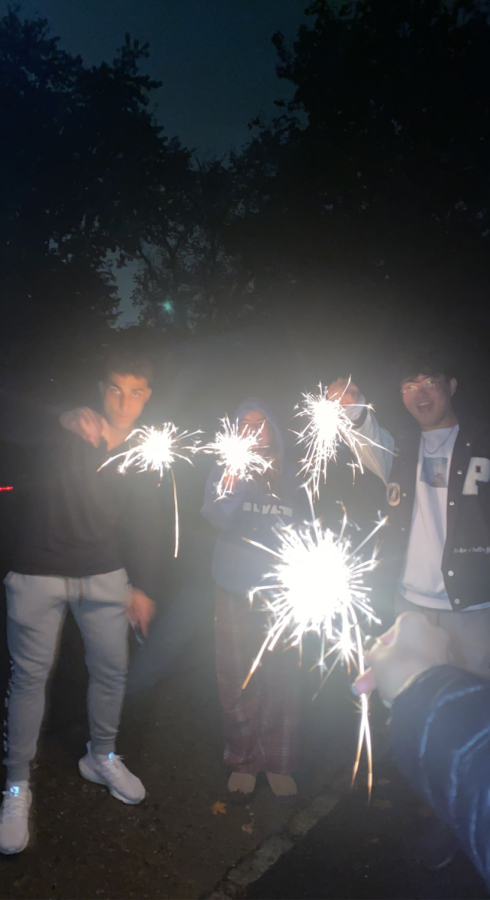
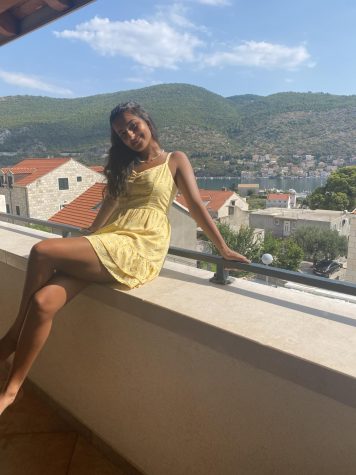
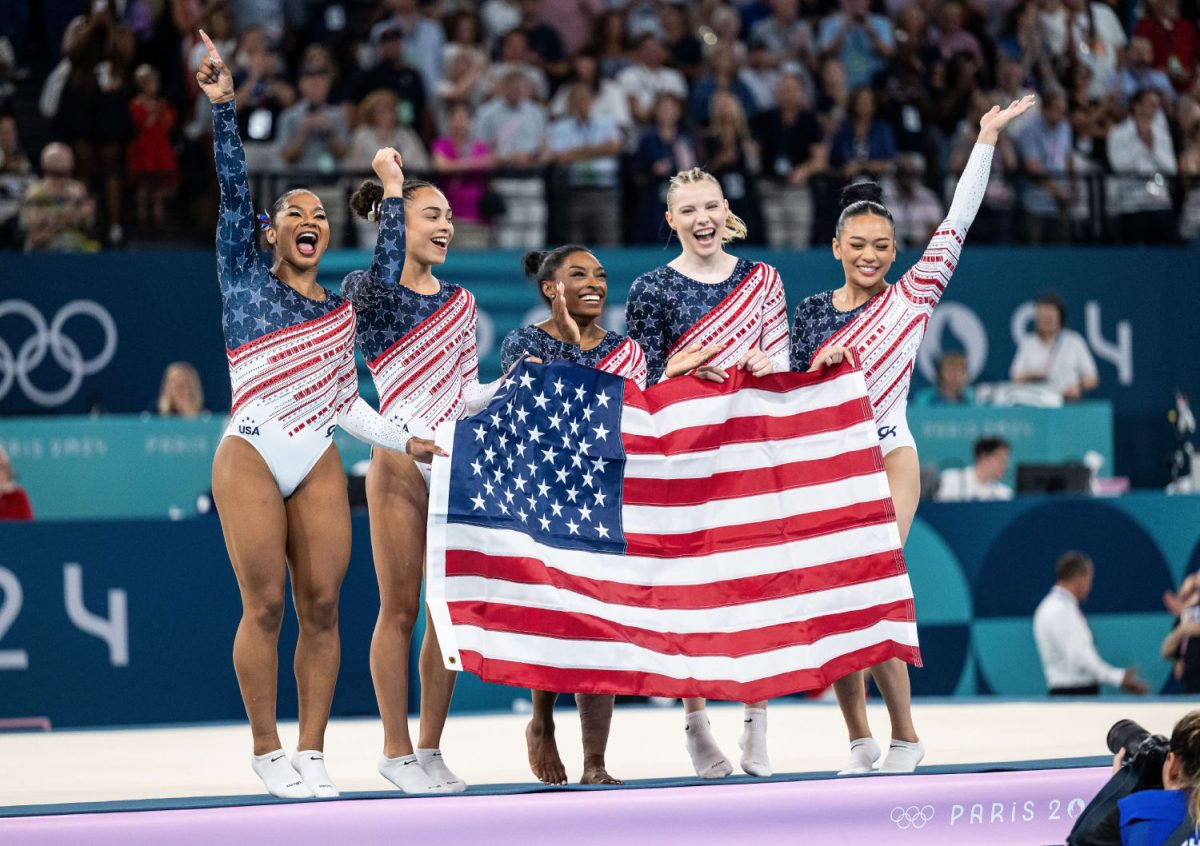


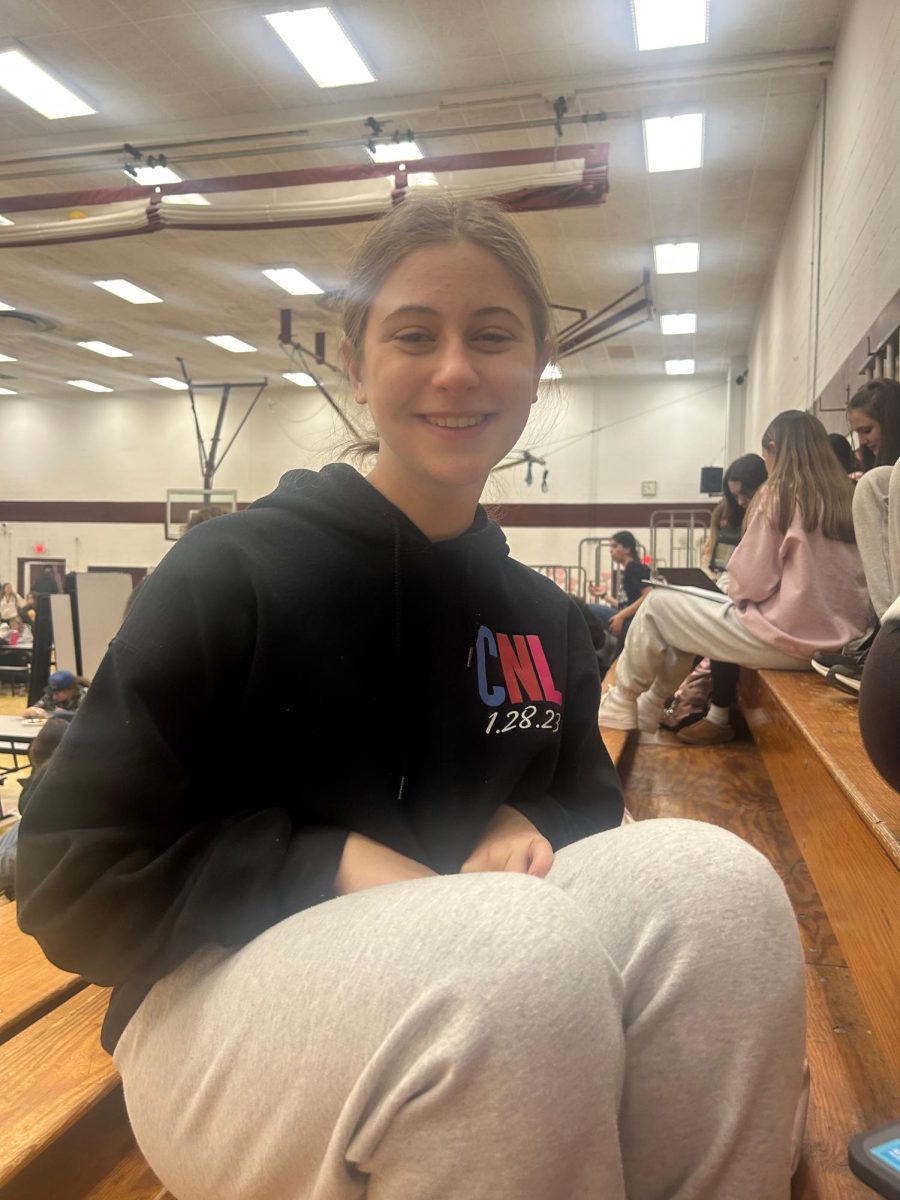
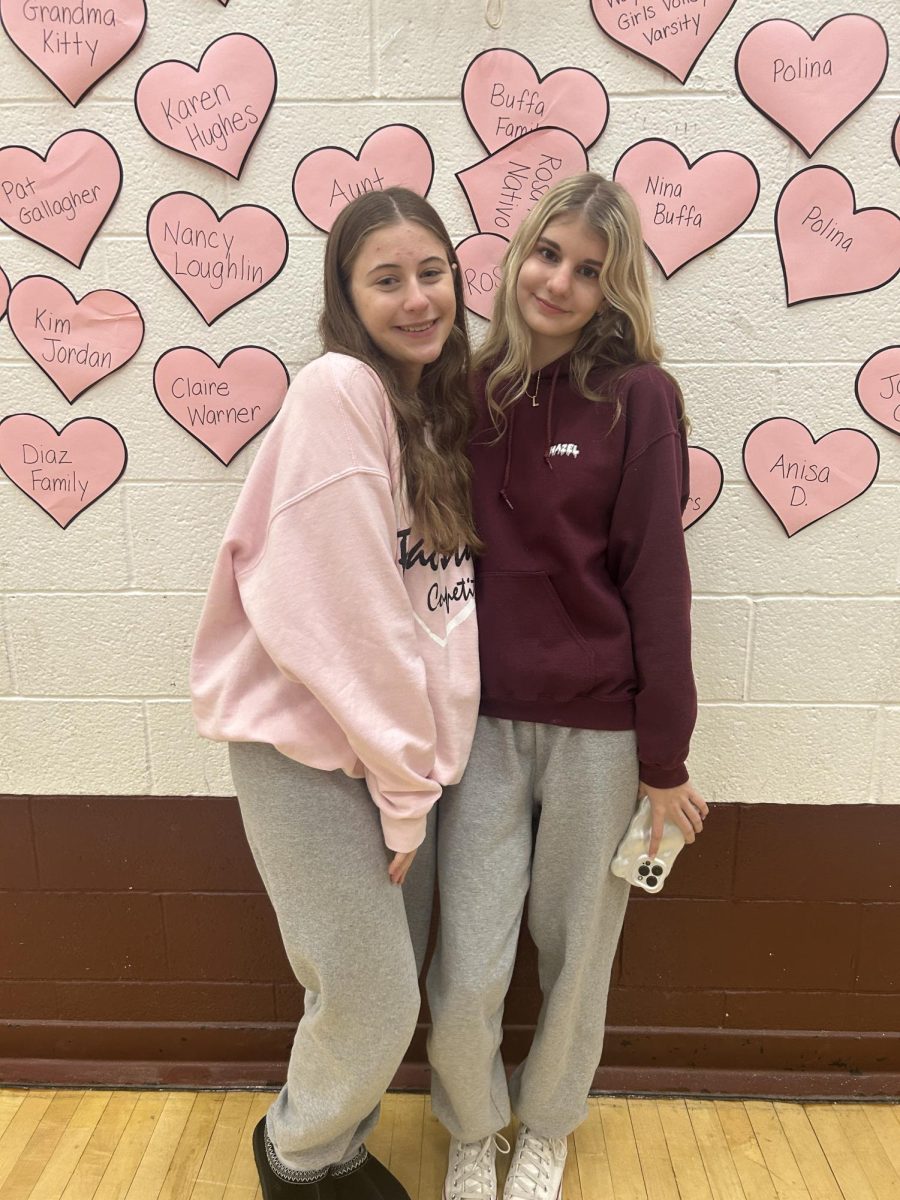
Anzor Mustafa • Jan 9, 2023 at 9:32 AM
A fantastic article that portrays an underrepresented holiday and enlightens readers on a culture they may not be familiar with,
Shreya Ganguly • Nov 3, 2022 at 8:45 PM
I loved seeing a post related to Diwali and finally having my culture represented. I just wanted to add that Hindus from the Eastern part of India typically celebrate Lakshmi Puja five days after Dussehra and during the Diwali celebrations, Kali Puja is celebrated as well.